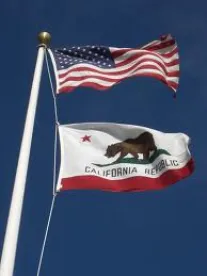In early May, the California Supreme Court heard oral argument in Zhang v. Superior Court. The case will likely resolve a significant issue for insurers doing business in California – are they potentially subject to a private action under the California Unfair Competition law (Cal. Bus. & Prof. Code §17200) for conduct that violates California’s Unfair Insurance Practices Act (Cal. Ins. Code §790 et seq.).
In Zhang, the plaintiff sued her insurer, California Capital Insurance, over a dispute arising from a fire at her business, contending that the insurer’s handling of her claim was inadequate. Among the various claims asserted by Zhang in her complaint, she maintained that by promising to make timely and proper payment on claimed losses, her insurer had engaged in “false and misleading advertising” in violation of the California Unfair Competition Law.
The insurer sought to have the UCL claim dismissed, arguing that the California Supreme Court’s 1988 decision in Moradi-Shalel v. Fireman’s Fund bars a private cause of action for any conduct that is covered under the California Unfair Insurance Practices Act, which itself provides no private right of action to insureds. In rejecting the insurer’s argument, the California Fourth District Court of Appeals held that while the California Supreme Court’s Morahi-Shalel decision bars private rights of action arising from claims handling conduct covered under the Unfair Insurance Practice Act, it does not bar a claim that is otherwise actionably under some other legal theory. Accordingly the court held that because false advertising is independently actionable under the UCL law, and because “the Legislature has clearly stated that the remedies and penalties under the UCL are cumulative to other remedies and penalties,” Zhang’s claim was not barred by Moradi-Shalel.
Having now heard oral argument in the matter, the California Supreme Court is required to issue its decision in Zhang no later than August 6. Should the Supreme Court affirm the lower court decision, insurers will now be exposed to a wide variety of potential new private actions arising from claims handling disputes, claims that for over twenty five years been presumed to be subject only to regulatory oversight. Accordingly, the court’s ruling is clearly one to watch for all insurers operating in the state.



 />i
/>i
